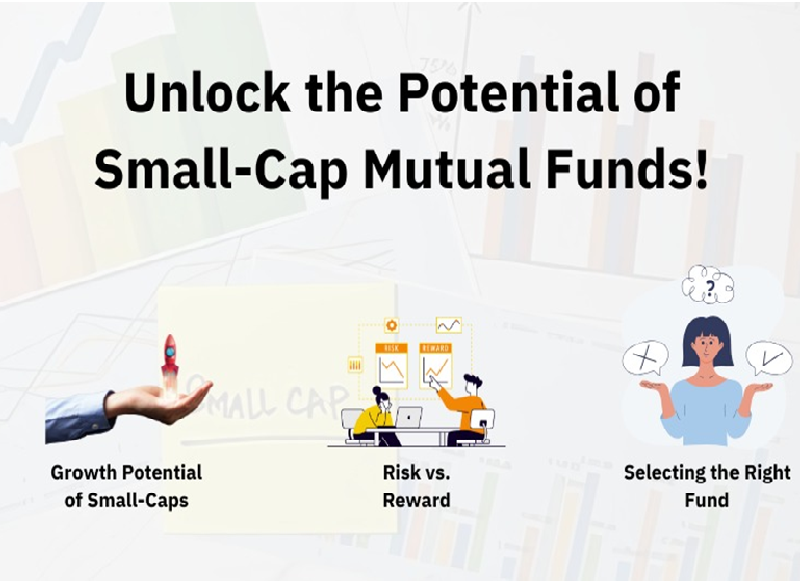Banking, economy and credit score. Yes, these are three aspects of the financial world which do remain somewhat connected in some ways. Following the demonetization in the year 2016, the slowdown of the Indian economy has been the topic of conversation both within India and throughout the rest of the world. The effects of the note ban, the implementation of the goods and services tax (GST), the NBFC crisis (caused by the IL&FS tragedy), the yes bank and PMC bank fiascos, as well as the ABG shipyard and DHFL fraud, have all contributed to the worsening of the growing problems facing the Indian economy.
In addition, the current pandemic has caused a significant number of people to be placed on the defaulters’ list when their CIBIL score calculation is done, and defaults reflect in it. And the weak feeling in consumer demand has been clear from the unwillingness of buyers to acquire discretionary items, sometimes even postponing or being unable to purchase basics as well. Moreover, buyers have been reluctant to purchase items that are essential and have found it difficult to even repay existing dues, which is why their credit profile weakens when they check CIBIL score by pan card to know a drop in credit score.
It’s a no brainer that the erratic decision-making of the government during the demonetization and pandemic has been criticized by a lot of economic experts, and the results of those decisions are clearly in front of us. Not only have a lot of people lost their jobs and are now on the list of people who have defaulted on their loans, but the economy as a whole is staring at the possibility of another recession someday soon, which would be the first one since the year 2008. The downturn in the car sector, the continued selling of Indian stocks by FIIs, and the significant increase in the fiscal deficit are all strong symptoms of the dire situation that our economy is heading into.
Also, the sharp decline in consumer demand across a variety of sectors has caused a number of manufacturers to reduce production over the past few months. This has led to an increase in joblessness among individuals working in such sectors, particularly the unorganized daily wage labourers and the lower middle class, who not only experienced a negative impact on their income but also had to fall into the defaulter’s list because they were unable to repay back the existing loans due to a loss of income. When these debtors had the idea to check their check CIBIL score by pan card, their credit score had already taken a significant hit after CIBIL score calculation, so they retrieved their credit report to determine the extent to which the default had affected their score.
To summarise, even though the government has set an extremely ambitious goal of growing the economy to $5 trillion within the next few years, it is still unclear what steps, both fiscal and regulatory, will be taken to address the problems that exist on a more fundamental level in both the country and the economy. This remains a significant point of uncertainty.
Now, let’s take a deeper dive and have a better understanding of a few lesser-known facets or characteristics of credit cards, which a large number of people who already use credit cards are unaware of, and that is why many ends up defaulting on them and of course hurting their financial health as their CIBIL score calculation would result in a drop in credit score.
-You won’t earn points for money spent on things like insurance premiums, filling up e-wallets or gas tanks, or making monthly instalment payments (EMIs).
The terms and conditions that are related to the reward collection, as well as redemption, are typically stated in the catalogues that are provided by credit card issuers. If a certain transaction or type of transaction does not qualify for the accumulation of rewards, this will be specified in the catalogue; however, the criteria for this will differ depending on which credit card issuer you use.
Rewards on credit cards have a time limit before they expire.
The incentives that come with the majority of credit cards often expire between two and three years after the date on which they were earned, and the user is unable to redeem them once the validity period has passed and the points have been lost. However, there are credit card issuers that do not include an expiration date on their cards. However, once the credit card account has been closed, even customers who continue the practice to check CIBIL score by pan card and who have a high score (computed after CIBIL score calculation by the credit bureau) are unable to redeem rewards; however, some credit card issuers do allow redemption within a certain amount of time after the account has been closed (Standard chartered platinum card allows user to redeem reward points within 1 month of closure).
Restrictions on the usage of privileges and awards
A prevalent characteristic is a restriction placed on how credit card rewards can be used. In most cases, the rewards that come with credit cards are only applicable to certain types of transactions, such as those that take place in retail locations that are affiliated with the credit card company or those that are conducted online. The consumer only receives reward points for making those specific types of purchases. Additionally, the pace at which reward points are earned varies and is dependent not just on the type of transaction but also on the type of card being used. For instance, the HDFC money back card awards two reward points for every rupee one hundred fifty that is spent; however, the reward points are multiplied by two for every rupee one hundred fifty that is spent online. Also, irrespective of how good or bad your credit card repayment history has been, ensure to check CIBIL score by pan card every month to remain updated and take required actions too.



